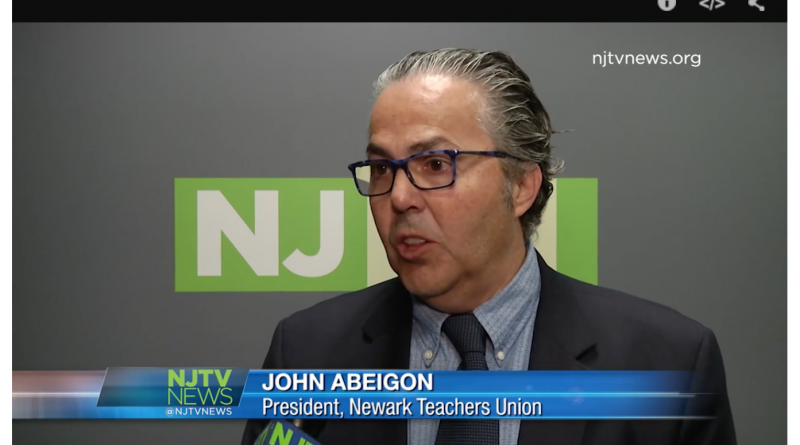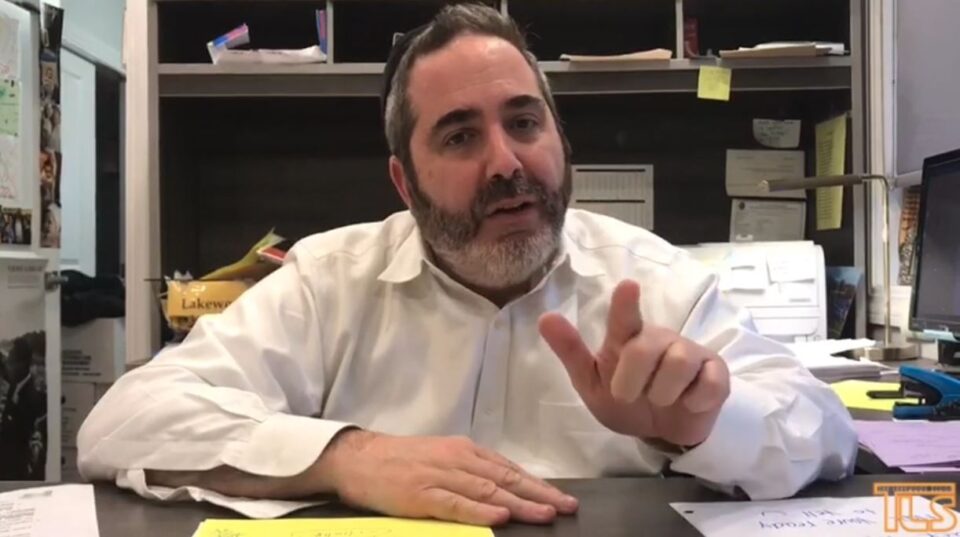A New Jersey Teacher Explains Why Schools Need the Common Core
June 1, 2015NJEA Prez Plays Defense after DOE Issues Findings that 97.2% of N.J. Teachers are Effective Educators
June 2, 2015N.J. D.O.E. Releases Report on N.J.’s First Year of its New Teacher Evaluation System
“We must move forward with our work under this new system to make good teachers great, and great teachers exceptional.”
That’s State Senator Teresa Ruiz (D-Essex) on the D.O.E.’s release of a report analyzing the first year of the implementation of TEACHNJ, the law she sponsored that moves New Jersey’s beyond our long history of meaningless binary teacher evaluations. The new system, called ACHIEVENJ, is far more granular and reliable, and infuses a small measure of student growth data on standardized tests into teacher evaluations instead of relying solely on subjective classroom evaluations.
The “2013-2014 Final Educator Evaluation Report” was released yesterday. Here’s coverage from the Star-Ledger and NJ Spotlight. I’ll look more closely at the report soon. This is for starters:
- In 2012-2013, prior to the implementation of N.J.’s new teacher evaluation system, only 0.8% of teachers got unsatisfactory ratings. We have great teachers here for sure, but no professional boasts such an unwavering uniformity of excellence.
- After the first year of the new evaluation system, 2.8 percent of teachers, or 2,900, received “partially effective” or “ineffective” ratings, i.e., they are considered substandard by the state. Almost all our teachers are great, just not every single one. These teachers provided some level of instruction and/or support to 13% of New Jersey’s 180,000 students.
- “The vast majority of principals are – as we have always known – performing at a high level. About three-fifths of principals were rated Effective by their supervisors and a third were rated Highly Effective.”
NJ Spotlight notes that “teachers had little to worry about. Ratings were overwhelmingly positive and student performance had little influence on them, compared with other measures, including classroom observation, state officials said.”
The Star-Ledger quotes Ed. Comm. David Hespe, who says that “one of the goals, to be able to identify teachers who were struggling so we could help them.”
NJEA President Wendell Steinhauer said, “Given the challenges teachers, administrators, and districts faced in the first year of evaluations under AchieveNJ, these results are exceptional.”
But he also threatened, “”NJEA will vigorously represent any member who believes his or her evaluation is flawed or inaccurate,” he said. “This evaluation system is tremendously complex, and we will work to ensure that it is not misused to target or punish teachers unfairly.”Mark Weber, a researcher and Rutgers University doctoral student [who blogs as Jersey Jazzman], chimed in, “Problem is we don’t really know if they are ‘bad,’ or if the system is now prone to giving false negatives.”
C’mon, Wendell and Weber. What other profession calls foul when 97.2% of its members receive laudatory evaluations? Time to celebrate N.J.’s teachers and principals, not grumble that a tiny portion was identified as instructionally-ineffective. Surely the effective education of students is more important than protecting the jobs of 2.8% of ineffective instructors. Let’s remember why we’re here,




